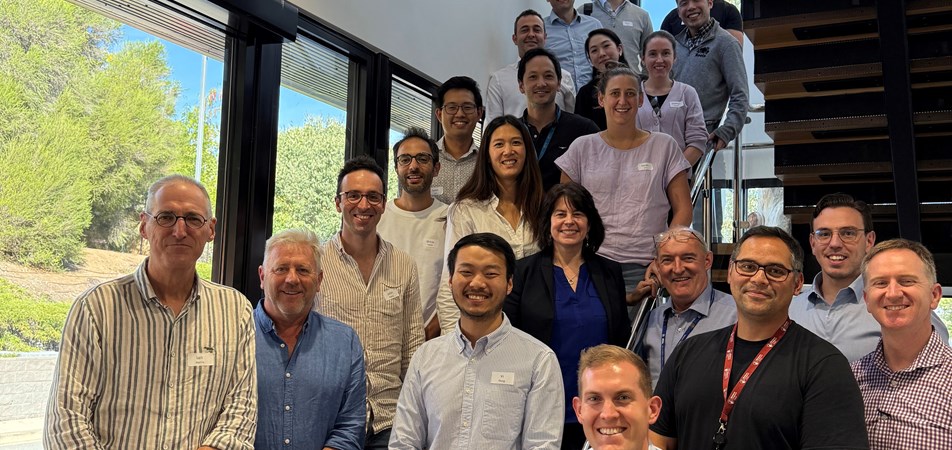To recover your password please fill in your email address
Please fill in below form to create an account with us

14/04/25
The inaugural Australian Surgical Trials course, known as “CaSSTiC” (Canberra and Sydney Surgical Trials Intervention Course), recently took place, spearheaded by Professor David Beard from the NHMRC Clinical Trials Centre.
Held at Canberra Hospital from March 21st to 22nd, 2025, this intensive two-day course attracted 20 high-calibre delegates from various surgical specialties, including orthopaedics, plastic and reconstructive surgery, general surgery, HPB (hepato-pancreato-biliary), and upper GI (gastrointestinal) surgery. The attendees ranged from junior registrars and fellows to senior consultants who worked collaboratively to learn how to design and conduct RCTs in surgery that answer research questions of relevance to surgeons, patients and the medical community.
Attendees were highly impressed with the course, with one participant stating, “This is one of the best courses I have attended.” Another attendee remarked, “One of the highest yield courses I've been to. Great ratio of information delivered to length of course.”
CaSSTiC aims to inspire surgical trainees to conduct high-quality, impactful research and equip them with the skills necessary to become Chief Investigators (CIs) or run their own trials. The course is modelled after the highly regarded Bristol Oxford and Aberdeen Surgical Trials Course (BOASTiC), which has been accredited by the Royal College of Surgeons of England and hosted in the UK for over a decade.
The Australian adaptation featured an impressive lineup of local faculty, including Prof David Beard, Prof Paul Smith, Prof Ian Harris, Dr Michael Findlay, Prof Sam Adie, and Dr Tom Ward. Additionally, Prof Marion Campbell from the University of Aberdeen, UK, contributed her trial methodology expertise.
Sponsored and funded by the Canberra Orthopaedic Research and Education (CORE) Foundation, CaSSTiC is poised to strengthen surgical intervention trials both in Australia and internationally. This course represents a significant step forward in fostering a culture of rigorous surgical research and collaboration. As one participant noted, “…The experts were candid, talks informative, with ample space and time to ask questions and network…”
We look forward to seeing the positive impact of CaSSTiC on the future of surgical trials and the broader medical community.